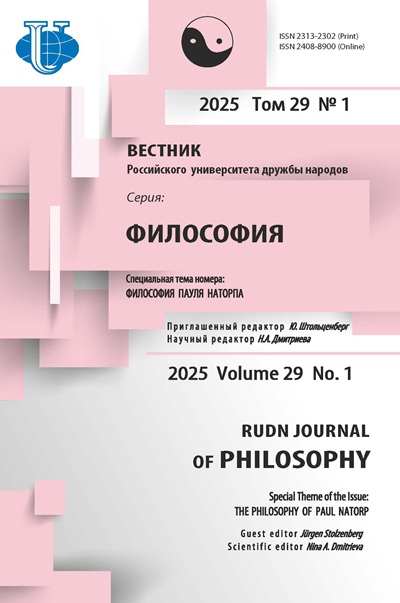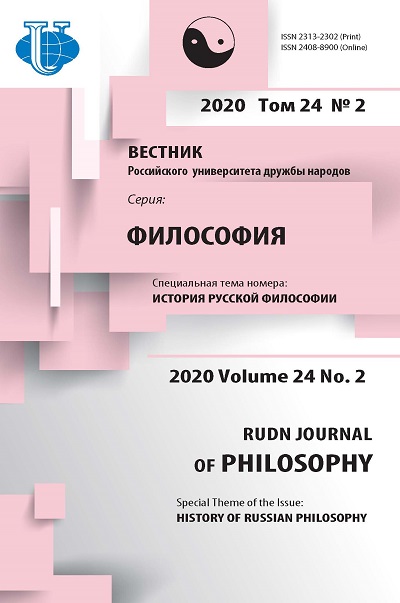Аннотация
В статье анализируются онтологические возможности задания смысла информации. Для этого рассматривается современный подход информационных технологий в отношении задания смысла текстовой информации. При этом формулируется проблема задания смысла числа и смысла слова (текста), которая рассмотрена с позиции онтологического подхода, основанного на решении проблемы бытия, где онтология семантики оказывается следствием такого решения. В качестве самой онтологии выбрана релятивная онтология, исходным положением которой является тезис: быть значит различаться. Вследствие этого информация определяется как результат онтологического различения, которое допускает математическую формализацию через операцию вычитания, выражающую суть онтологического различения. Это в свою очередь позволяет всегда построить числовой порядок смыслов любой, в том числе и текстовой, информации, при этом смысл информации есть место в таком числовой ряду. Такой метод, названный как релятивный метод, приводит к точному числовому заданию смысла любой информации, а в силу этой числовой формы смыслы любой информации могут быть легко введены в компьютер с последующей обработкой и оперированием этими смыслами.
















